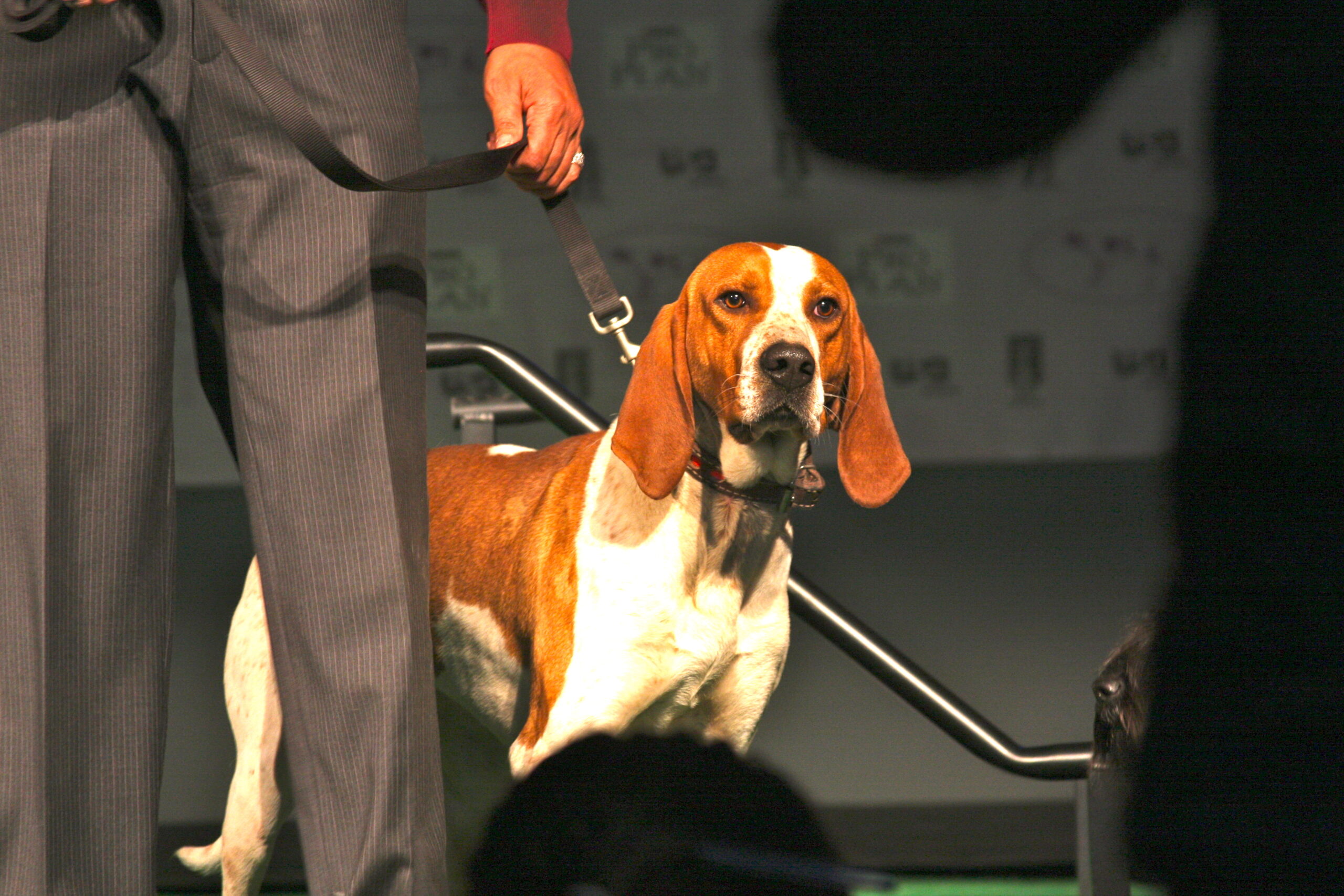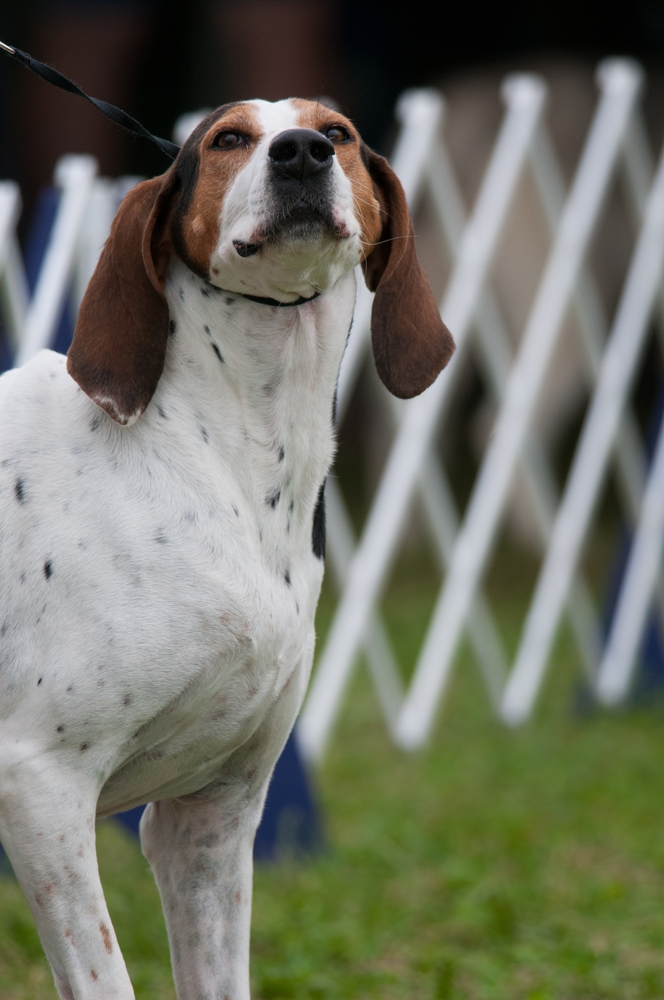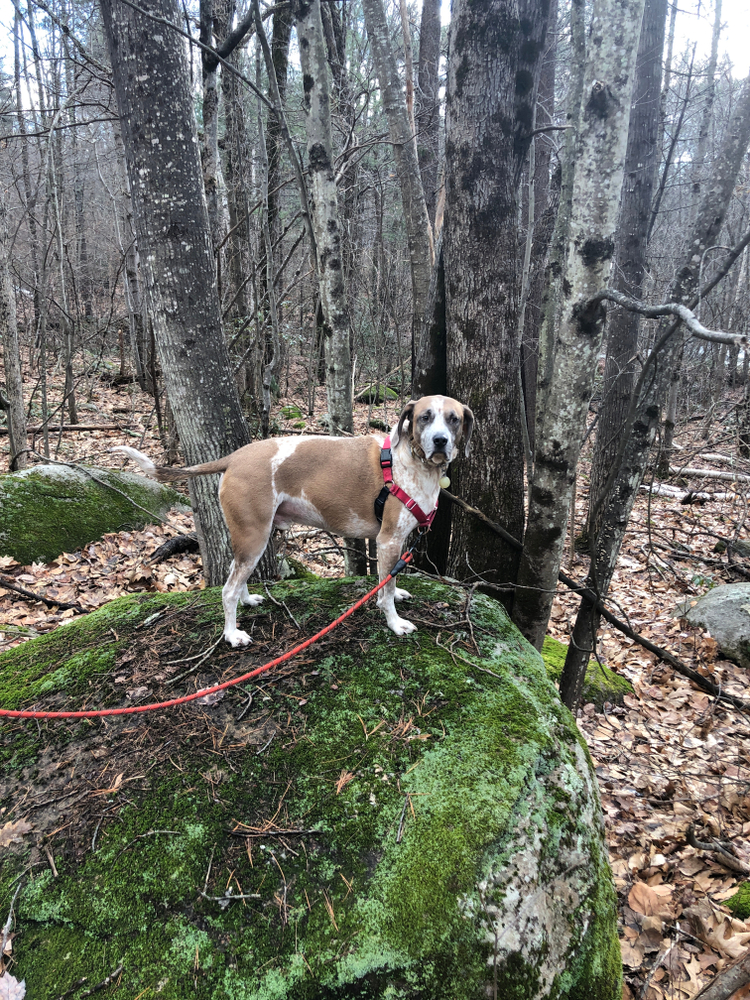Health Issues and Concerns in American English Coonhounds
Welcome to our comprehensive guide on the health issues and concerns in American English Coonhounds. As dedicated dog lovers and experienced experts in the field, we understand the importance of providing accurate and detailed information to help you take the best care of your beloved canine companion. In this article, we will delve into the specific health challenges that American English Coonhounds might face, and provide essential tips to ensure their well-being. Let’s dive right in!

Understanding the American English Coonhound
The American English Coonhound, also known as the Redtick Coonhound, is a versatile and athletic breed with an incredible sense of smell. They were originally bred for hunting game, especially raccoons, and they excel in tracking and treeing tasks. These hounds are known for their friendly and affectionate nature, making them excellent family pets.


Common Health Issues
1. Hip Dysplasia
Hip dysplasia is a common health concern in many large dog breeds, including American English Coonhounds. It is a hereditary condition where the hip joint does not develop properly, leading to discomfort and eventually arthritis. Regular exercise, a balanced diet, and joint supplements can help manage this condition and reduce its impact on your Coonhound’s quality of life.
2. Ear Infections
The American English Coonhound has long, droopy ears that can trap moisture and debris, making them prone to ear infections. Regularly inspect and clean your Coonhound’s ears to prevent infections. If you notice signs of redness, foul odor, or excessive scratching, consult your veterinarian for appropriate treatment.
3. Eye Issues
Some Coonhounds may be susceptible to eye conditions like cataracts and progressive retinal atrophy (PRA). Regular eye examinations are crucial to catch these issues early and prevent vision loss. Providing a diet rich in antioxidants and omega-3 fatty acids can support eye health.
4. Gastric Dilatation-Volvulus (Bloat)
Bloat is a life-threatening condition where the stomach twists and traps gas, causing it to swell. It is more common in deep-chested breeds like Coonhounds. Feeding your dog smaller, frequent meals and discouraging vigorous exercise after eating can help reduce the risk of bloat.
5. Hypothyroidism
Hypothyroidism is a hormonal disorder that affects Coonhounds, leading to symptoms such as weight gain, lethargy, and skin problems. Regular veterinary check-ups and proper medication can effectively manage this condition, ensuring your dog leads a healthy life.
6. Canine Hip and Elbow Dysplasia
Apart from hip dysplasia, Coonhounds are also prone to elbow dysplasia, a condition that affects the elbow joint, causing pain and lameness. Providing joint supplements and avoiding excessive jumping and rough play during the growth phase can help prevent these issues.
Preventive Care
Ensuring the well-being of your American English Coonhound involves regular preventive care and a healthy lifestyle.
1. Balanced Diet
A nutritious and well-balanced diet is the foundation of good health. Provide your Coonhound with high-quality dog food that meets their specific nutritional needs, considering factors like age, size, and activity level. Avoid feeding them table scraps, as certain human foods can be harmful to dogs.
2. Regular Exercise
Coonhounds are active dogs that require regular exercise to stay healthy and mentally stimulated. Daily walks, playtime, and outdoor activities are essential to prevent obesity and promote overall well-being.
3. Grooming Routine
Regular grooming is crucial to maintain your Coonhound’s coat and overall cleanliness. Brush their coat weekly to remove loose fur and prevent matting. Trim their nails regularly to avoid overgrowth, which can cause discomfort and affect their gait.
4. Vaccinations and Preventive Medications
Keep your Coonhound up-to-date on vaccinations and preventive medications to protect them from common diseases and parasites. Regular visits to the veterinarian will ensure timely vaccinations and health screenings.

Health Issues and Concerns in American English Coonhounds
As proud advocates of responsible dog ownership, we hope this comprehensive guide has shed light on the health issues and concerns in American English Coonhounds. By following the preventive care tips and seeking regular veterinary check-ups, you can provide your furry friend with a happy, healthy, and fulfilling life.
Remember, being proactive in your Coonhound’s health care is the key to ensuring they live a long and joyful life by your side. Cherish the moments with your loyal companion and create unforgettable memories together!